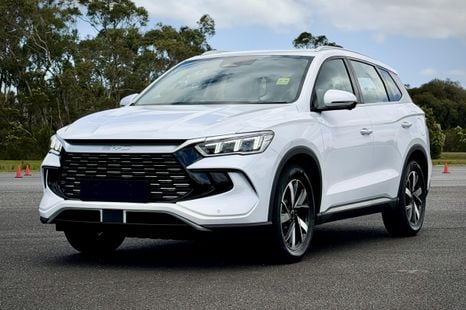

Ben Zachariah
2026 BYD Sealion 5 Essential review
4 Hours Ago

News Editor
China’s Geely is buying a third of Renault Korea Motors, giving it not only greater access to South Korea but also a launching pad for the US market.
The Chinese giant, which owns brands such as Volvo, Lotus and Polestar, is acquiring a 34.02 per cent stake in Renault Korea Motors (RKM) – also known as Renault Samsung Motors – via its subsidiary Centurion Industries Limited.
Renault Group will remain the majority shareholder in RKM – Nikkei Asia reports it’ll retain 53 per cent – while Samsung will remain a key shareholder, with 13.13 per cent of shares and one member on the board.
The deal has a price tag of US$207.3 million (A$297m), giving Renault more funds to invest in electrification.
Geely will reportedly get the right of first refusal to purchase any of Samsung’s shares should it choose to sell, and will – along with Renault – have the right to veto any party’s sale of shares to a third party.
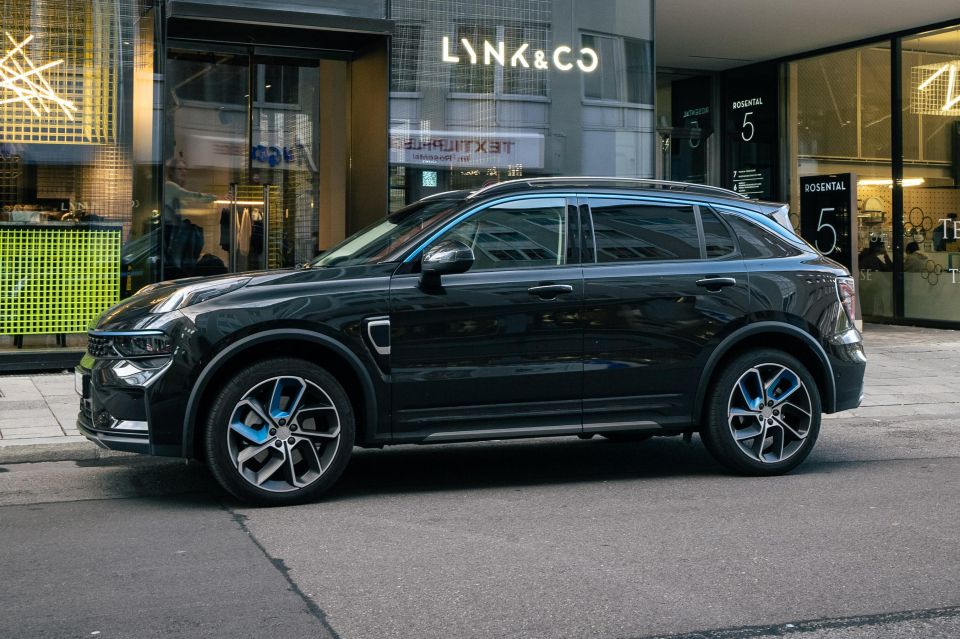
But beyond shoring up its Korean market presence, the deal will give Geely a way to export cars to the US without attracting tariffs thanks to the free trade agreement between South Korea and the US.
Currently, there are no Chinese brands selling cars in the US market, unless you count Chinese-owned brands like Volvo and Polestar.
Chery, Great Wall Motor and Zotye’s plans to export cars there fizzled, while even Geely itself announced back in the 2000s it would launch there.
It never did, and the only Chinese-made cars sold in the US have ended up being from non-Chinese brands – the Buick Envision and Volvo S90, for example.
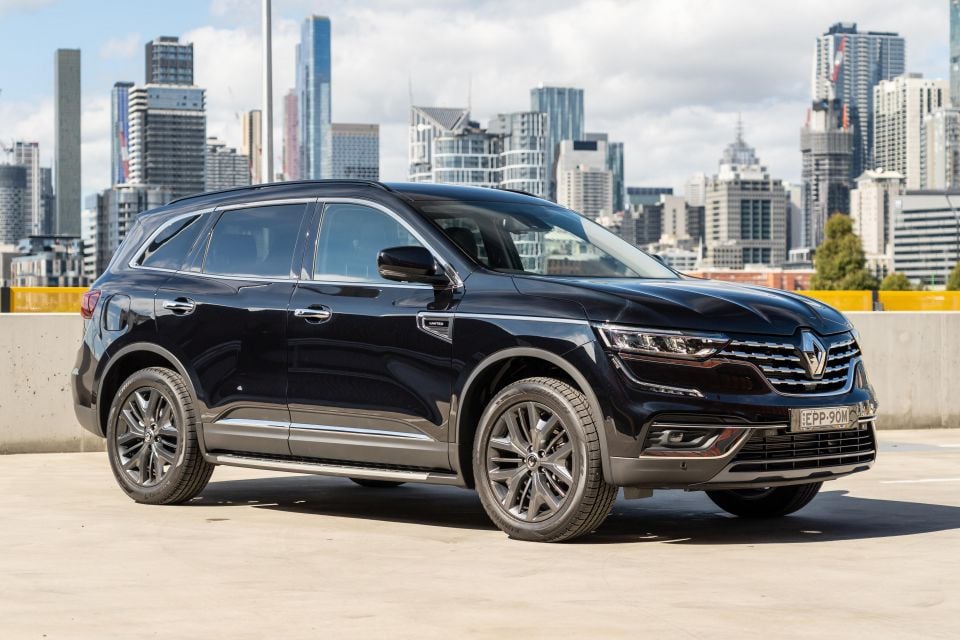
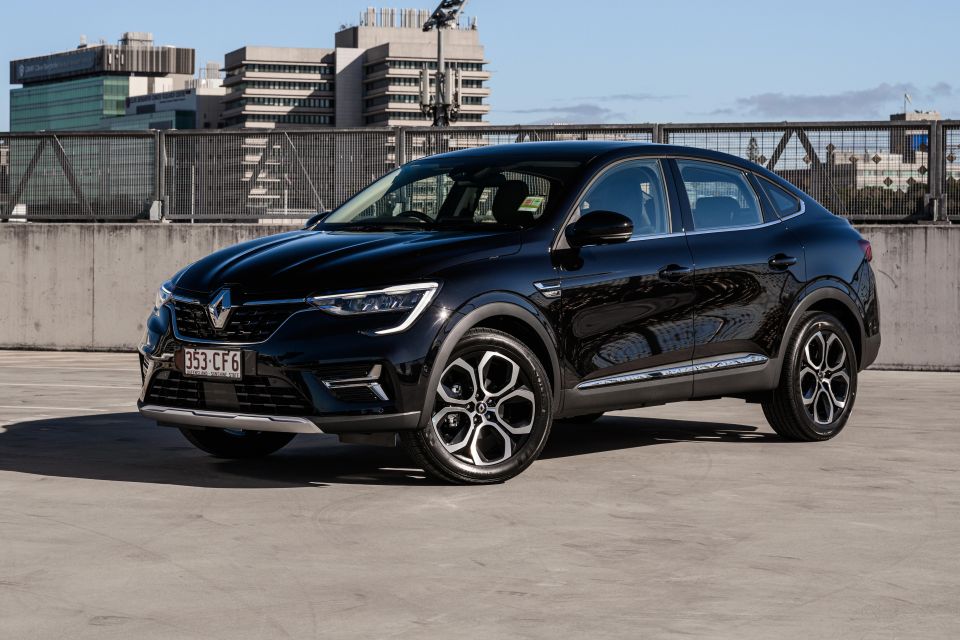
Meanwhile, the Korean market is dominated by Hyundai and Kia, with GM Korea a distant third and both Renault and SsangYong further back. However, RKM says the Korean market has strong growth potential.
Geely could reportedly use Renault Korea’s Busan plant to manufacture electric robotaxis for Waymo, per a report from Reuters.
The plant currently produces models such as the Arkana and Koleos. The Koleos is exported to markets such as Australia, as is the Arkana. Renault also exports the Arkana to Europe.
These exports have no doubt helped the Korean automaker, but sales of Renault Samsung vehicles in the domestic market have struggled. The brand sold just 57,480 cars last year, a drop of 36 per cent from 2020.
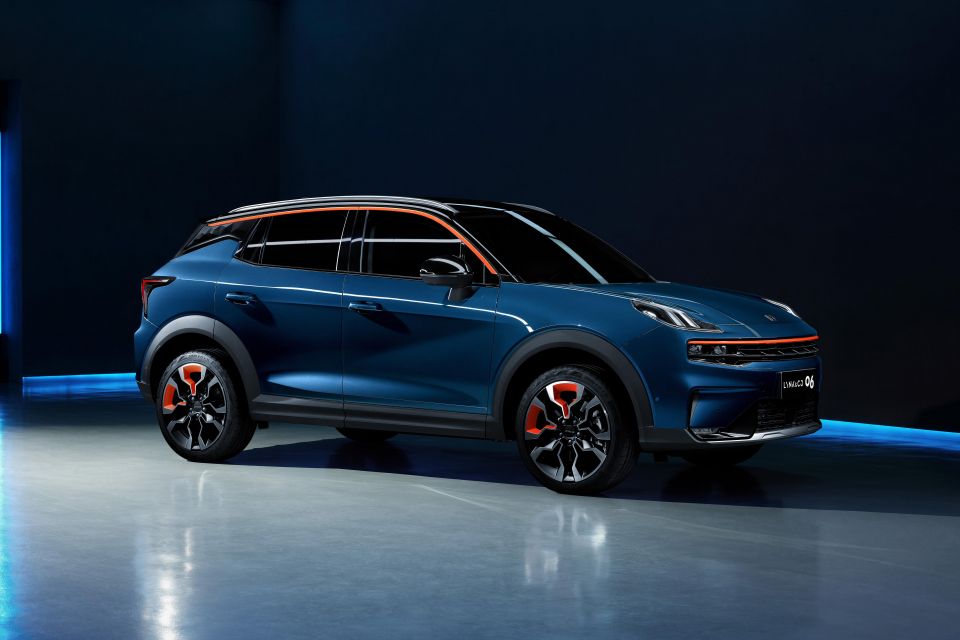
To put that in perspective, the Busan plant reportedly has an annual production capacity of 300,000 vehicles.
Earlier this year, Renault announced it’d begin manufacturing cars – possibly Lynk & Co models – based on Geely’s Compact Modular Architecture (CMA) in Korea.
These new cars will use hybrid drivetrains and internal-combustion engines (ICE) designed by Geely.
The first Geely-designed cars are expected to roll off the line at the Busan factory from around 2024.
CMA was developed by Geely subsidiary Volvo, and the architecture underpins the XC40, Polestar 2, and various vehicles from the Geely, Lynk & Co and Zeeker brands.
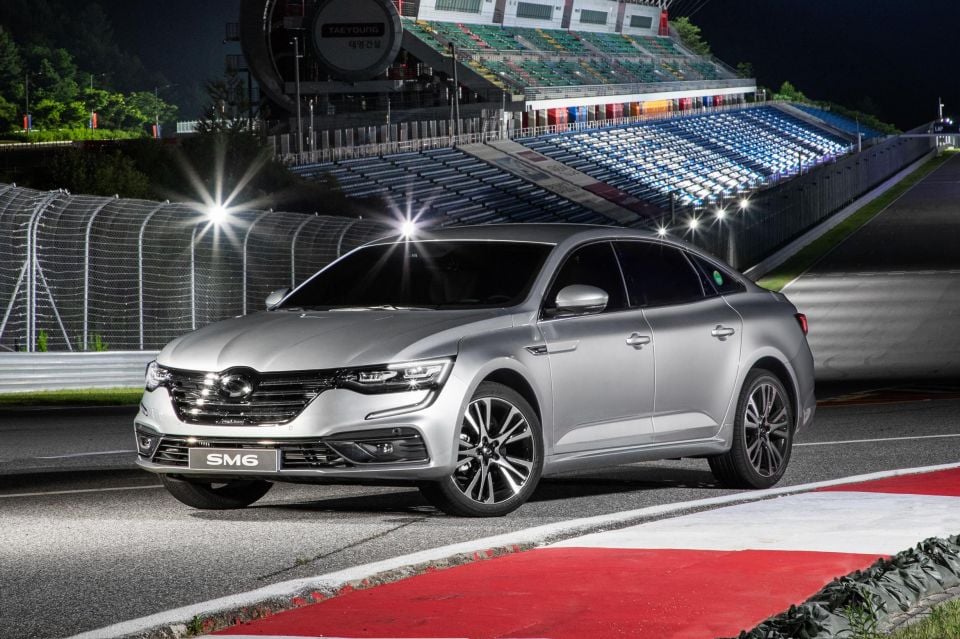
While these Korean-built cars will initially be designed for the South Korean market, RKM said at the time it would allow for their export in the future.
With the latest announcement, it has said export market opportunities are currently being explored.
Last year the two automakers said they were looking to build localised versions of Lynk & Co models in South Korea.
This isn’t the first collaboration between Renault and Geely, with the two automakers announcing a joint venture in China in 2021 that will see Geely engineer and produce Renault-branded vehicles.
Renault will in turn market and sell the vehicles. The company’s last Chinese joint-venture, Dongfeng Renault, was dissolved in 2020 due to slow sales.
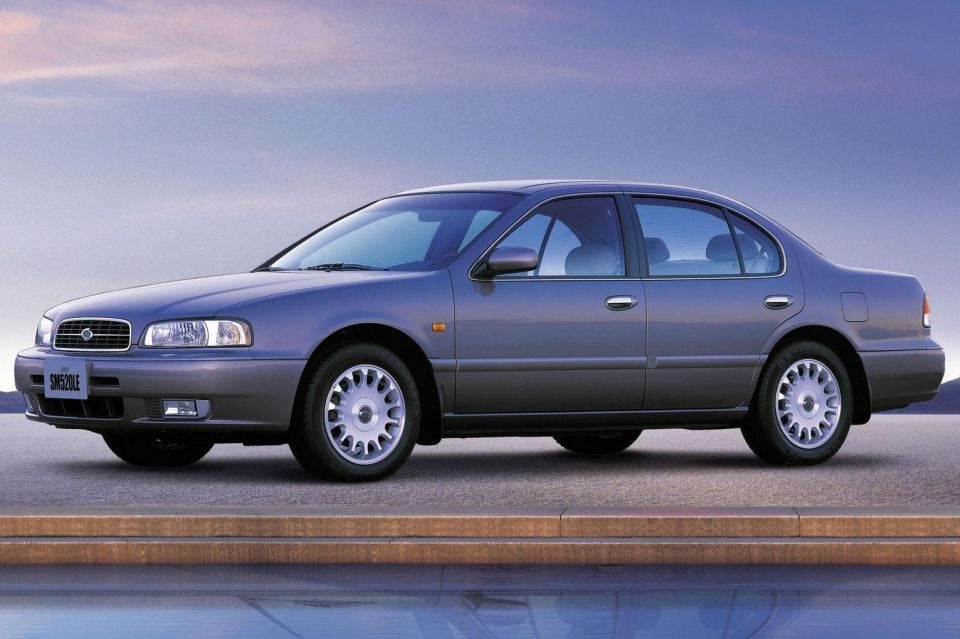
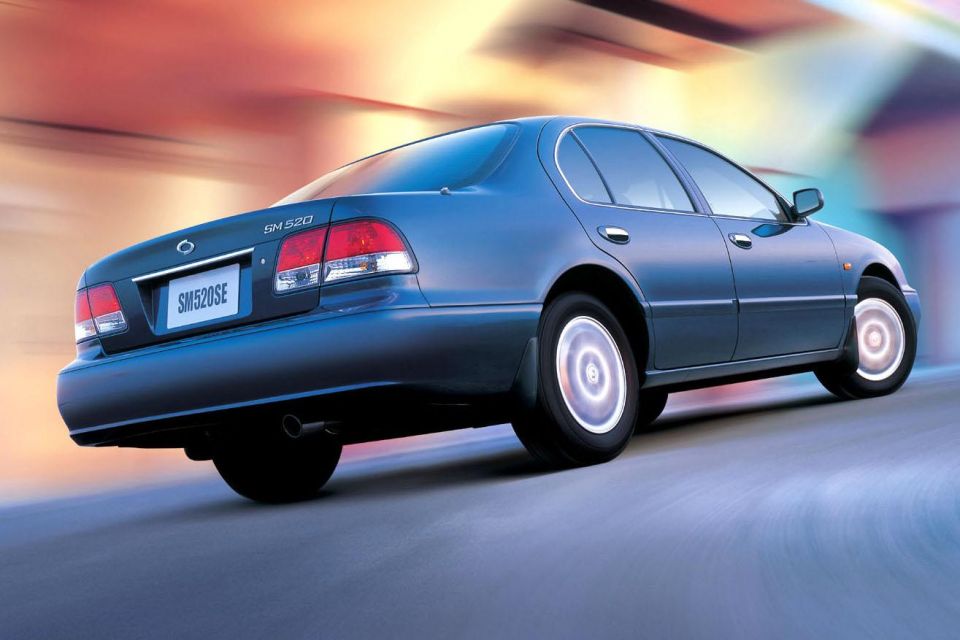
While it might seem odd for Renault to lean on a partner that’s not part of the Renault-Nissan-Mitsubishi Alliance, the brand has committed to going all electric in Europe from 2030.
This likely means the company’s development budget for future ICE vehicles will be concentrated on the cut-price Dacia brand.
Samsung established its car making arm in 1994 with initial models being slightly revised Nissan designs. The nascent automaker soon ran into trouble thanks to the 1997 Asian Financial Crisis.
Renault purchased a 70 per cent stake in the firm in 2000, and in time the Nissan-based models gave way to localised versions of Renault vehicles.
Go deeper on the cars in our Showroom, compare your options, or see what a great deal looks like with help from our New Car Specialists.
William Stopford is an automotive journalist with a passion for mainstream cars, automotive history and overseas auto markets.


Ben Zachariah
4 Hours Ago
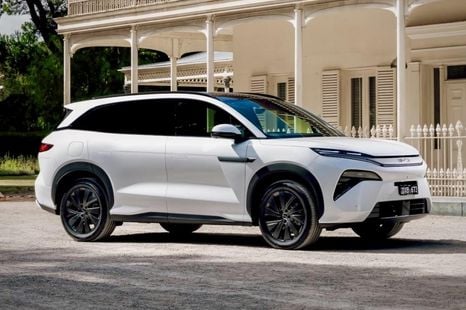

Ben Zachariah
4 Hours Ago
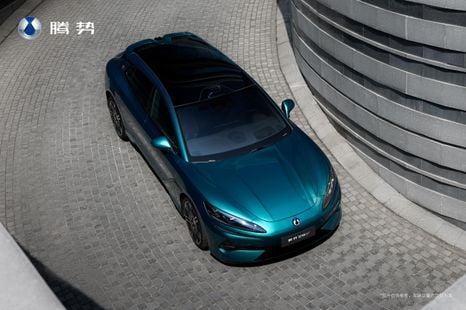

William Stopford
10 Hours Ago
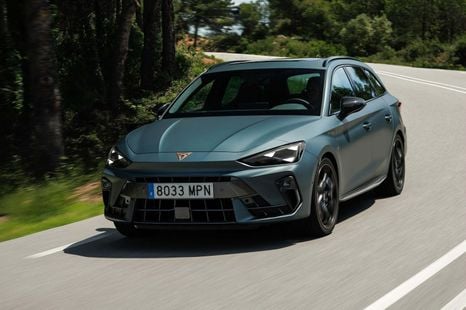

William Stopford
11 Hours Ago
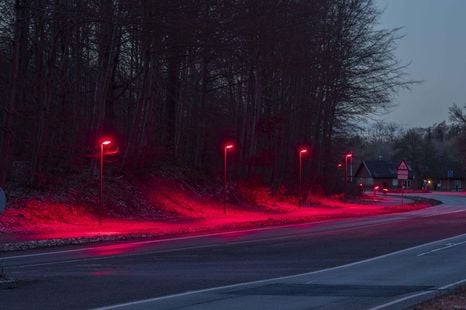

Damion Smy
14 Hours Ago
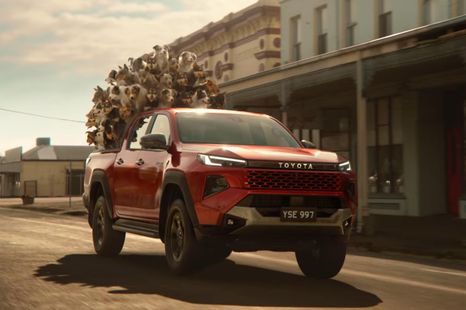

Damion Smy
15 Hours Ago
Add CarExpert as a Preferred Source on Google so your search results prioritise writing by actual experts, not AI.